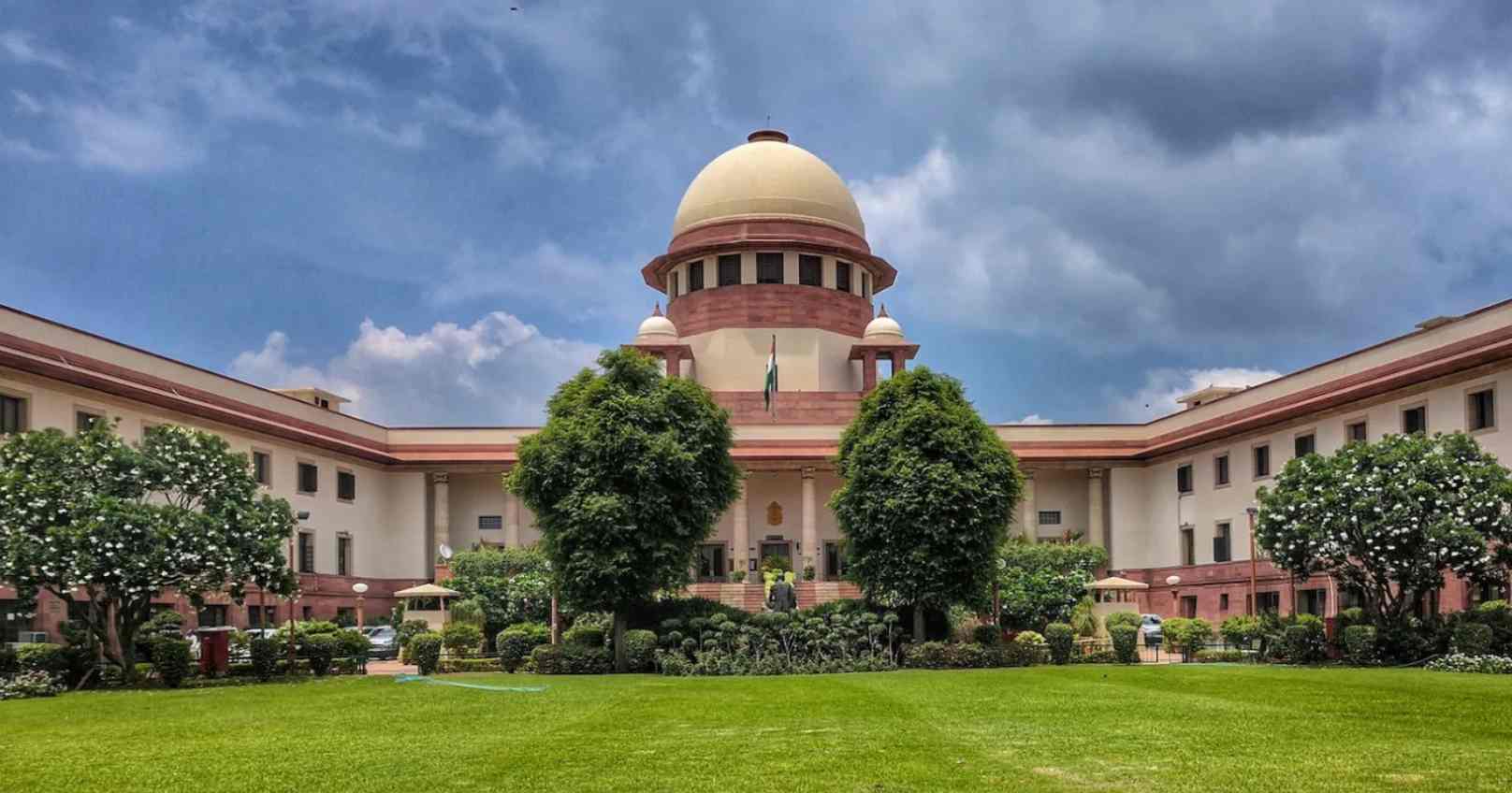Supreme Court Rules Harassment Alone Not Enough for Abetment to Suicide in Techie Case
The Supreme Court ruled that harassment is insufficient for abetment to suicide charges, emphasizing the need for direct evidence of incitement
12-12-2024The Supreme Court has clarified that mere harassment is not enough to convict someone of abetment to suicide, stating that there must be evidence of direct or indirect incitement to the act. This ruling comes amidst a controversy surrounding the suicide of 34-year-old techie Atul Subhash. In his 81-minute video and a 24-page note, Subhash accused his estranged wife, Nikita Singhania, and her family members of harassment and extortion. Based on a complaint by Subhash’s family, Bengaluru police have registered a case of abetment to suicide against Nikita and three others.
The Supreme Court made this statement while hearing a challenge against a Gujarat High Court ruling, which had refused to grant relief to a man and his family members who were accused of abetting his wife’s suicide. The Court emphasized that for a conviction under Section 306 of the Indian Penal Code (IPC), there must be clear evidence of mens rea, or the intent to abet the act.
The bench, comprising Justice Vikram Nath and Justice PB Varale, explained that mere harassment by the accused is not sufficient to establish guilt under Section 306. There must be active or direct involvement by the accused that contributed to the victim's decision to commit suicide. In the Gujarat case, the court had discharged the accused from the abetment charge but upheld the charge of cruelty under Section 498A of the IPC.
The Court noted that in cases involving suicide, the facts and evidence must be carefully examined to determine whether the harassment left the victim with no other option but to take their own life. Mere allegations of harassment are not enough to convict, and there must be evidence of a direct act by the accused that prompted the victim's suicide.
In the case under review, the Supreme Court found that, at first glance, the accused had not directly instigated the suicide. However, the Court upheld the cruelty charge, dismissing the argument that the deceased had never filed a complaint of cruelty during her 12-year marriage. The Court observed that the lack of complaints does not automatically prove the absence of cruelty.
This ruling also comes in the wake of Atul Subhash’s tragic death. In his note, Subhash detailed alleged remarks made by his wife Nikita and her mother that he claimed drove him to despair. Bengaluru police have filed an abetment to suicide case against Nikita and her family members, and the investigation is ongoing.


A PIL by Sanvedana Foundation challenges the IRDAI’s 2020 circular allowing insurers to exclude ep
Read More
A Delhi court has ruled against releasing hotel CCTV footage in a case involving two Army Majors, ci
Read More
Chief Justice BR Gavai has pushed back against criticism of the judiciary over case backlogs, saying
Read More